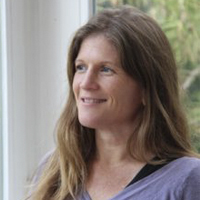Professor Breed added: “We are already seeing the positive effects of this approach in the increased academic performance of students, improved communications between students and their parents, enhanced public speaking skills, and a contribution to overall learning processes."
The Rwanda Education Board (REB) has also integrated the MAP methodology into the national Curriculum Framework in music, dance, and drama through training of trainers and MAP clubs.
Another important strand of the project has been the integration of mental health awareness and support in all MAP activities, to help participants deal with their own emotions and experiences and offering an outlet to share their stories.
As well as the more traditional arts, participants are also being given the opportunity to learn other skills such as filmmaking. As part of a recent MAP workshop in the Eastern Province, a ‘Filmmaking for Peace Workshop’ led by renowned filmmaker Eric Kabera explored how objects and environments tell stories. The group was able to learn basic filmmaking skills from lighting and camera techniques to editing, and four of the shorts created were later showcased as part of the Hollywood event at the international Rwanda Film Festival.
MAP is now working in all five provinces of Rwanda, across 25 schools serving approximately 300 teachers and trainers as well as 2,500 young people. Teams have also been operating in Kyrgyzstan, Indonesia, and Nepal, with thousands of young people participating in a range of arts-related projects. To find out more about the wider Mobile Arts for Peace project, visit the blog site.

/prod01/university-of-lincoln-cdn-pxl/media/responsive2017/research/research-edited/researchshowcase/researchshowcase-casestudies/MAP,banner,1600X600.jpg )

